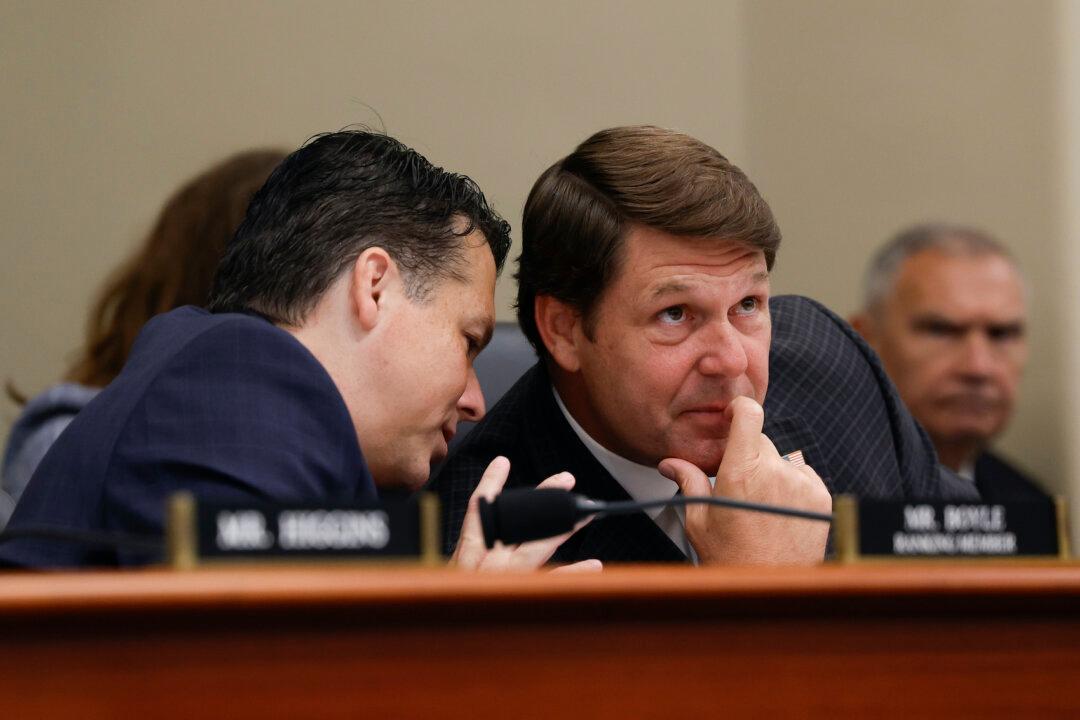Amid the fiscal uncertainty over the growing U.S. debt and deficit, lawmakers on both sides of the political aisle have found rare agreement on the need for remedial action—but not on the specifics of what that action should be.
A Congressional Budget Office report released on Oct. 10 showed the federal budget deficit was $1.7 trillion in fiscal year 2023—up 23 percent from 2022.





